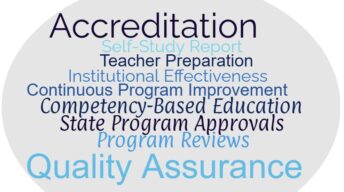It seems we can’t find what you’re looking for. Perhaps searching can help.

Higher Education. Accreditation. Educator Preparation. Competency-Based Education. Consulting.
Specializing in higher education accreditation, educator preparation, & competency-based education.